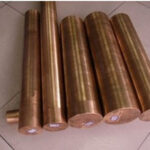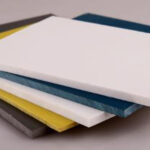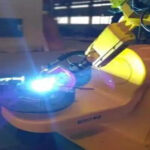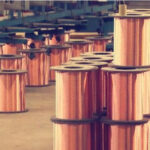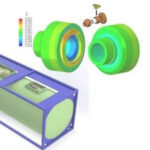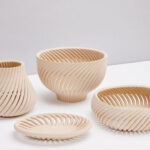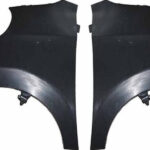Machining Conditions And Stability Of Titanium Alloy Parts
Table of Contents
| Titanium alloy parts have the characteristics of low density and good corrosion resistance, so they have also become ideal structural materials for aerospace machining engineering. However, there are many factors that affect its machinability at the same time. This is because the metallurgical properties and material properties of titanium alloys may have a serious impact on the cutting effect and the material itself. |
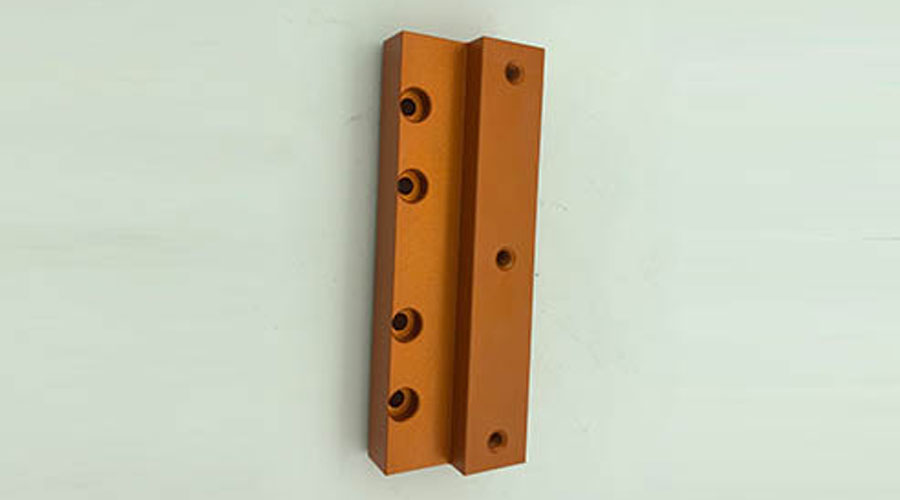
Machining conditions for machining titanium alloy parts
- 1. Compared with the machining of most other metal materials, the machining of titanium alloy parts not only requires higher requirements, but also has more restrictions. However, if you choose the right tool and use it properly, and optimize the machine tool and configuration to the best conditions according to the requirements of machining titanium alloy parts, you can fully meet these requirements and obtain satisfactory high performance and perfect results. Many problems encountered in the machining of traditional titanium alloy parts are not inevitable. As long as the influence of titanium properties on the machining process is overcome, success can be achieved.
- 2. Titanium alloy has excellent strength-weight ratio, and its density is usually only 60% of steel. Titanium has a lower coefficient of elasticity than steel, so it has a harder texture and better deflection. Titanium also has better corrosion resistance than stainless steel and has a lower thermal conductivity. These properties mean that titanium alloy parts will generate higher and more concentrated cutting forces during machining. It is prone to vibration and tremor during cutting; moreover, it also easily reacts with the cutting tool material during cutting, thereby aggravating the wear of the crater. In addition, its thermal conductivity is poor. Because the heat is mainly concentrated in the cutting area, the tools for machining titanium metal parts must have high thermal hardness.
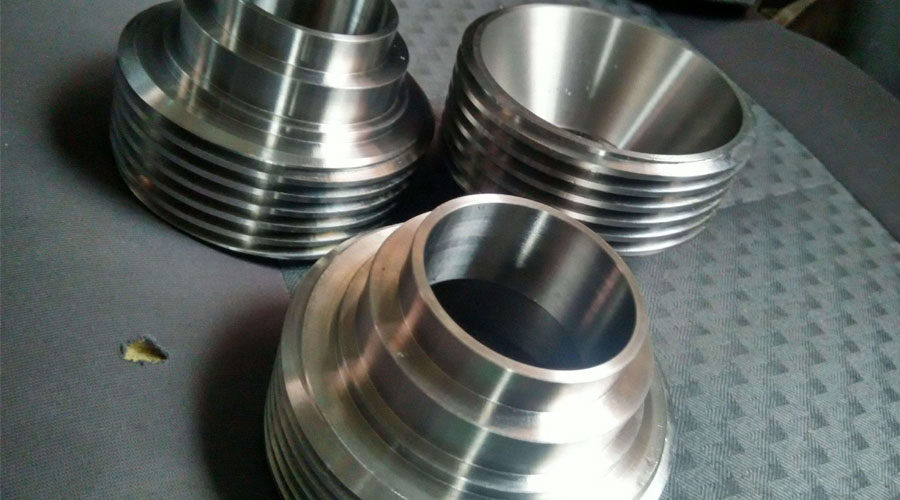
About the stability of machining titanium alloy parts
- 1. Some machining workshops find it difficult to effectively process titanium, but this view does not represent the development trend of modern machining methods and tools. Part of the difficulty is that titanium metal machining is an emerging process and lacks experience that can be used for reference. In addition, difficulties are often related to expectations and operator experience. In particular, some people are already used to machining materials such as cast iron or low-alloy steel, and the machining requirements for these materials are generally very low. In contrast, machining titanium seems more difficult because the same tools and the same speed cannot be used for machining, and the tool life is different.
- 2. Even compared with some stainless steels, the machining of titanium is still difficult. We can certainly say that different cutting speeds and feed rates and certain precautions must be taken when machining titanium. In fact, compared to most materials, titanium is also a completely directly processable material. As long as the titanium workpiece is stable, the clamping is firm, the machine tool is selected correctly, the power is appropriate, the working condition is good, and the ISO 50 spindle with a short tool overhang is installed, all problems will be solved-as long as the cutting tool is correct.
- 3. However, in the actual milling process, the conditions required for the machining of titanium alloy parts are not easily met because the ideal stable conditions are not always available. In addition, many titanium parts are complex in shape and may contain many fine or deep cavities, thin walls, bevels, and thin brackets. To successfully process such parts, large overhangs and small diameter tools are required, which will affect tool stability. When machining titanium, potential stability issues are often more likely to occur.
The above is related to the machining conditions and stability of titanium alloy parts. In your future work, you can integrate the above-mentioned points and carry out reasonable parts machining.
Link to this article: Machining Conditions And Stability Of Titanium Alloy Parts
Reprint Statement: If there are no special instructions, all articles on this site are original. Please indicate the source for reprinting:https://www.cncmachiningptj.com/,thanks!
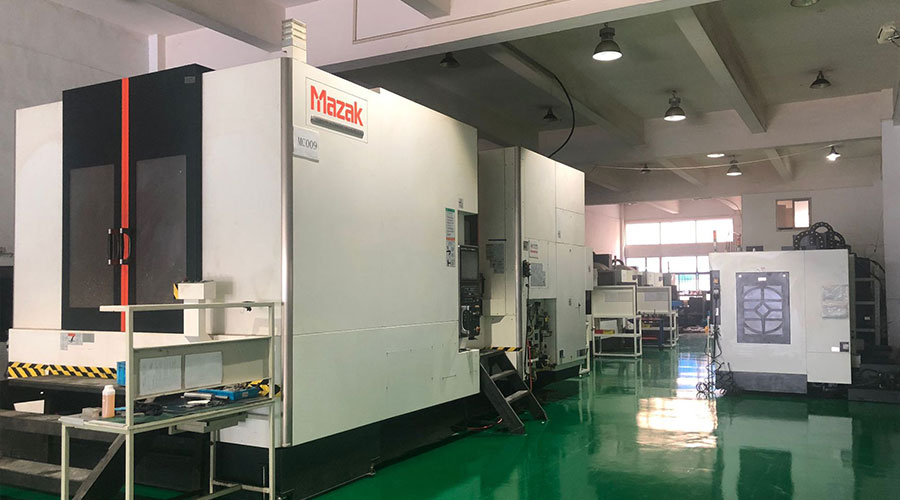 PTJ® provides a full range of Custom Precision cnc machining china services.ISO 9001:2015 &AS-9100 certified. 3, 4 and 5-axis rapid precision CNC machining services including milling, turning to customer specifications,Capable of metal & plastic machined parts with +/-0.005 mm tolerance.Secondary services include CNC and conventional grinding, drilling,die casting,sheet metal and stamping.Providing prototypes, full production runs, technical support and full inspection.Serves the automotive, aerospace, mold&fixture,led lighting,medical,bicycle, and consumer electronics industries. On-time delivery.Tell us a little about your project’s budget and expected delivery time. We will strategize with you to provide the most cost-effective services to help you reach your target,Welcome to Contact us ( [email protected] ) directly for your new project.
PTJ® provides a full range of Custom Precision cnc machining china services.ISO 9001:2015 &AS-9100 certified. 3, 4 and 5-axis rapid precision CNC machining services including milling, turning to customer specifications,Capable of metal & plastic machined parts with +/-0.005 mm tolerance.Secondary services include CNC and conventional grinding, drilling,die casting,sheet metal and stamping.Providing prototypes, full production runs, technical support and full inspection.Serves the automotive, aerospace, mold&fixture,led lighting,medical,bicycle, and consumer electronics industries. On-time delivery.Tell us a little about your project’s budget and expected delivery time. We will strategize with you to provide the most cost-effective services to help you reach your target,Welcome to Contact us ( [email protected] ) directly for your new project.
Link to this article:Machining Conditions And Stability Of Titanium Alloy Parts
Reprint Statement: If there are no special instructions, all articles on this site are original. Please indicate the source for reprinting.:Cnc Machining,Thank!^^

